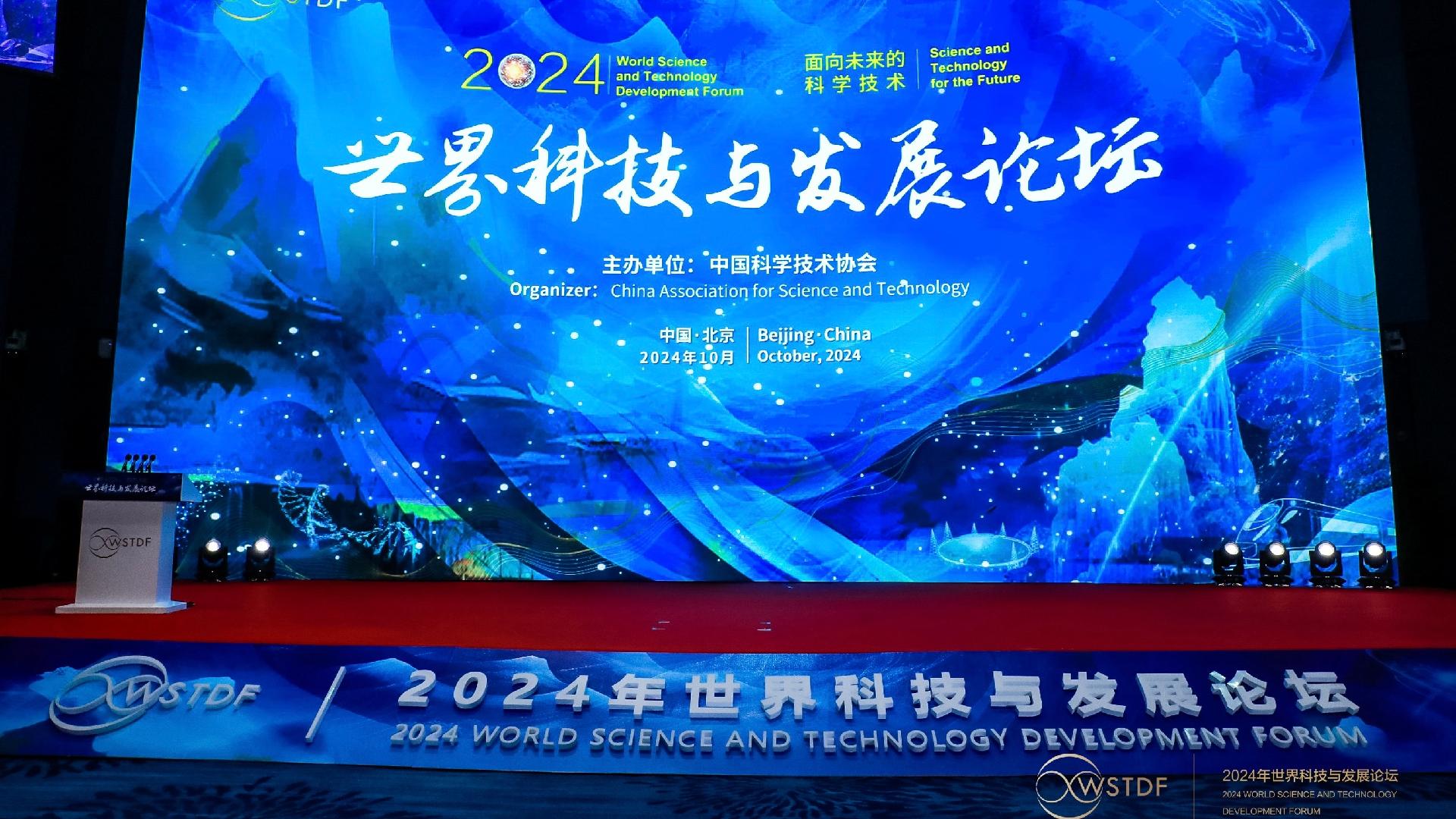AI Ethics and Governance: Improving Dependability and Manageability
The emergence of artificial intelligence (AI) has sparked an extraordinary technological revolution throughout the scientific and technological fields. During a forum organized by the China Association for Science and Technology, AI specialists engaged in discussions aimed at enhancing safety governance and standardizing regulations.

AI presents a dual nature, acting as both an enabler of new opportunities and a source of challenges. During a forum organized by the China Association for Science and Technology, experts in AI deliberated on strategies to enhance safety governance and establish standardized regulations.
Professor Zhang Ping, an academician at the Chinese Academy of Engineering and a professor at Beijing University of Posts and Telecommunications, remarked that the advancements in generative artificial intelligence have brought forth significant challenges regarding safety and ethics.
"Issues related to identity fraud, inappropriate speech, violent rhetoric, and illegal activities based on artificial intelligence generated content are frequently encountered," he noted. He cited the case of a financial employee at a multinational company in Hong Kong who fell victim to a fraudster impersonating the company's CFO through "AI deepfake," resulting in losses estimated at 200 million Hong Kong dollars.
Professor Zhang Jianwei, a foreign academician of the Chinese Academy of Engineering and a member of both the German National Academy of Engineering Sciences and the Academy of Sciences and Humanities in Hamburg, expressed his belief in the vast potential of embodied intelligence across various application scenarios. He highlighted its roles in enhancing automation and aiding elderly care and domestic services.
"After the pandemic, the use of robots to replace humans in certain tasks in virus laboratories represents a highly promising industrial scenario," he remarked.
Nevertheless, Zhang Jianwei also stressed the increasing importance of ethical considerations, pointing out the vital question of how to effectively govern AI.
In response to the urgent challenges surrounding AI safety and governance, China has acted quickly. On July 13, 2023, the Cyberspace Administration of China, along with six other departments, introduced the Interim Administrative Measures for GenAI Services. This marks China's first regulatory framework specifically aimed at AIGC, offering policy support for the fast-evolving AIGC technology.
Furthermore, technical research is underway to enhance global AI safety governance. Under the principles of innovation and technological benevolence, Zhang Ping's team has been developing a conceptual framework for artificial general intelligence, or AGI.
"It focuses on developing superalignment technology to ensure that AI's outputs, viewpoints, and decisions align with human values," he explained.
Zhang Jianwei also shared his insights. "When training embodied AI, we need to teach it morality, just like educating a child," he noted. "We provide the AI with moral models and data during its training process. Only after this training can it be deployed."
The evolution of AI technology represents a monumental shift for humanity. As stated by Wan Gang, president of the China Association for Science and Technology, during his speech at the opening ceremony of the 2024 World Science and Technology Development Forum, there is a need for global collaboration to advance the alignment and cooperation of AI-related laws, regulations, and standards, while also strengthening the assessment of safety risks such as the credibility, reliability, and controllability of AI.
Debra A Smith contributed to this report for TROIB News
Discover more Science and Technology news updates in TROIB Sci-Tech












